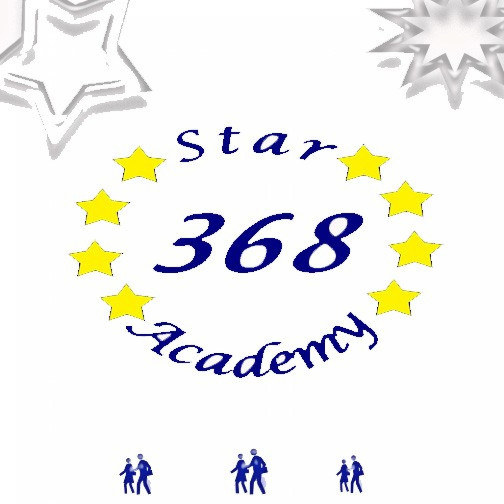New York PS 368 Students Can Study Arabic

At PS 368 in the Hamilton Heights section of Manhattan, students who attend the school in the spring can study Arabic.
Principal Nicky Kram Rosen told the New York Post she decided to offer Arabic to help the school earn an International Baccalaureate standing. The 200 second- through fifth-grade students currently can study Spanish or Mandarin after school.
She proposed this to the parent association. They were very supportive, Angela Jackson, CEO of the Global Language Project, which is backing the project, told the Post. Arabic has been identified as a critical-need language.
In March, a small pilot group of students began studying Arabic during recess. The program will be rolled out to the entire school in September, offering students the chance to study Arabic language and culture twice a week for 45 minutes. They will study subjects including math, science, social studies, food, music and art.
The school's two nonprofit partners are lending a hand. The Global Language Project is providing teachers and the Qatar Foundation is paying them.
Students in the pilot program said learning Arabic is challenging and rewarding.
I like Arabic class. I like the words we learn. I thought they sounded funny at first, now I think they sound cool, said Nayanti Brown, 7, a second grader. I teach my little sister the words I learn.''
The school and its partners said that there is a need for more Americans to learn Arabic. In 2001, the State Department said Arabic was one of the most critical languages for Americans to learn for security and business interests, reported New York 1.
Mohamed Mamdouh, who teaches the pilot program at PS 368, agrees.
Soon, Arabic will be a global language like French and Spanish, Mamdouh told the Post. These kids are like sponges. It's amazing to see their progress.''
Some parents also appear eager for their children to learn about Middle Eastern cultures.
The Spanish has opened him up, but we have a family now from Yemen who predominantly speak Arabic, said Bella Moon Castro, in the New York Times. We want to make the world a smaller place for our children.
Rosen said that she does not consider her school to be about just one language or culture and is excited for all students to learn Arabic. Her goal is help her students learn about foreign cultures that they may not encounter everyday.
I'm teaching children how to engage with other cultures, she said.
© Copyright IBTimes 2025. All rights reserved.





















